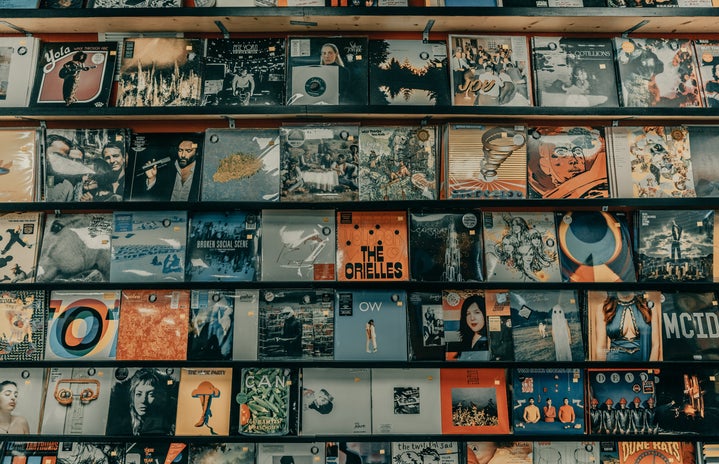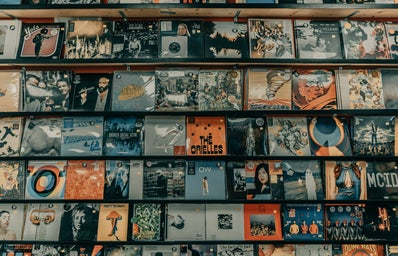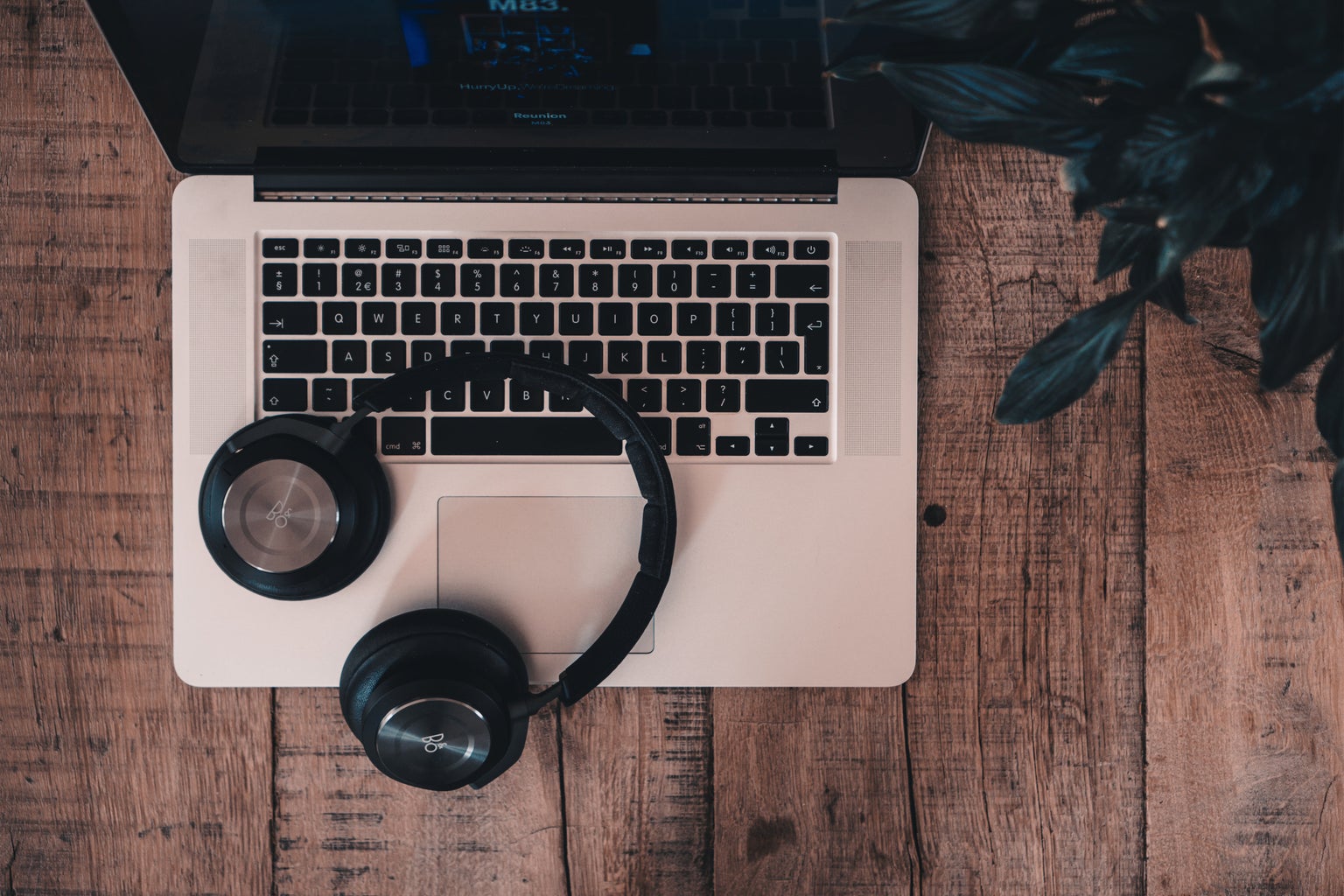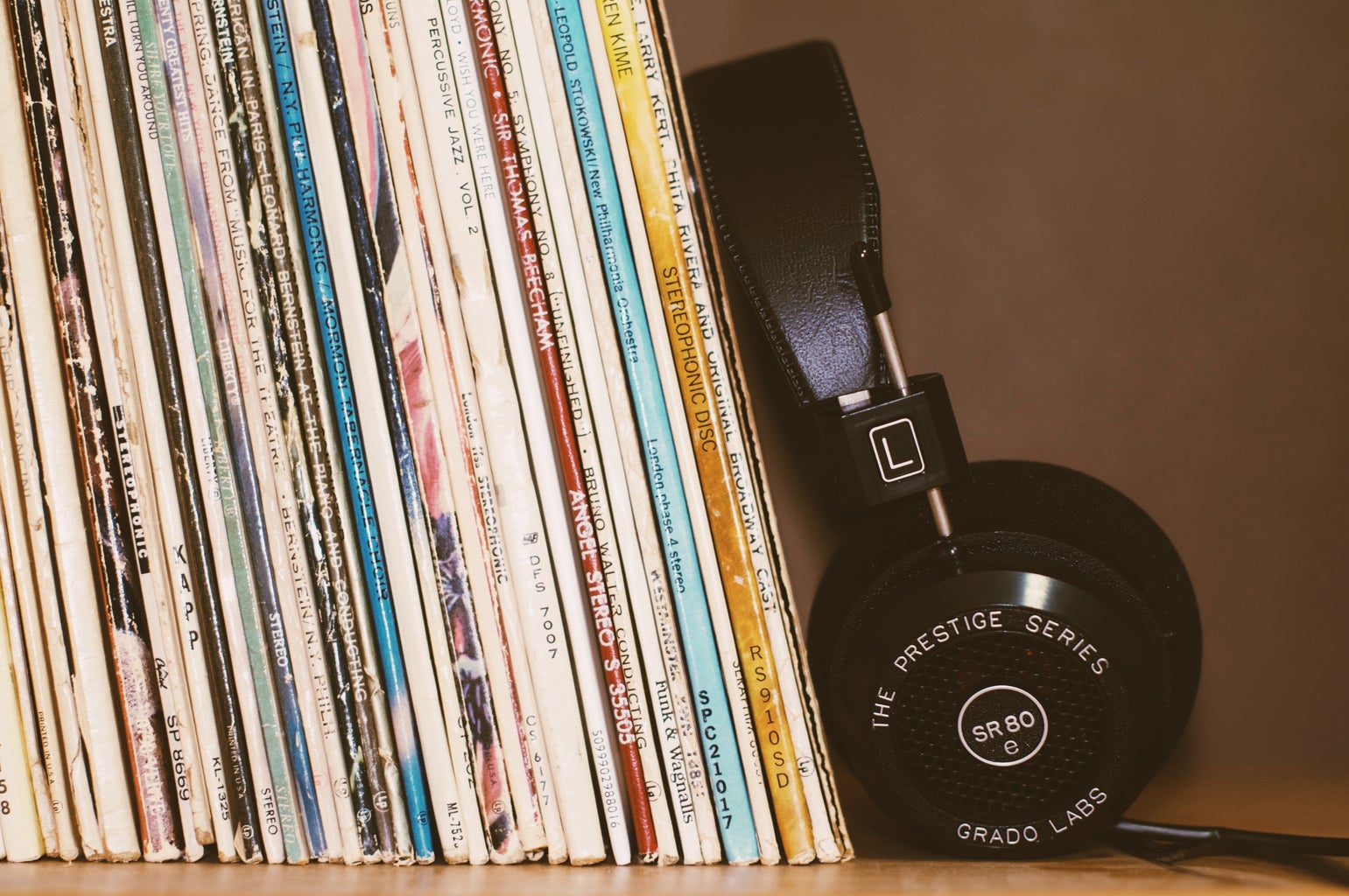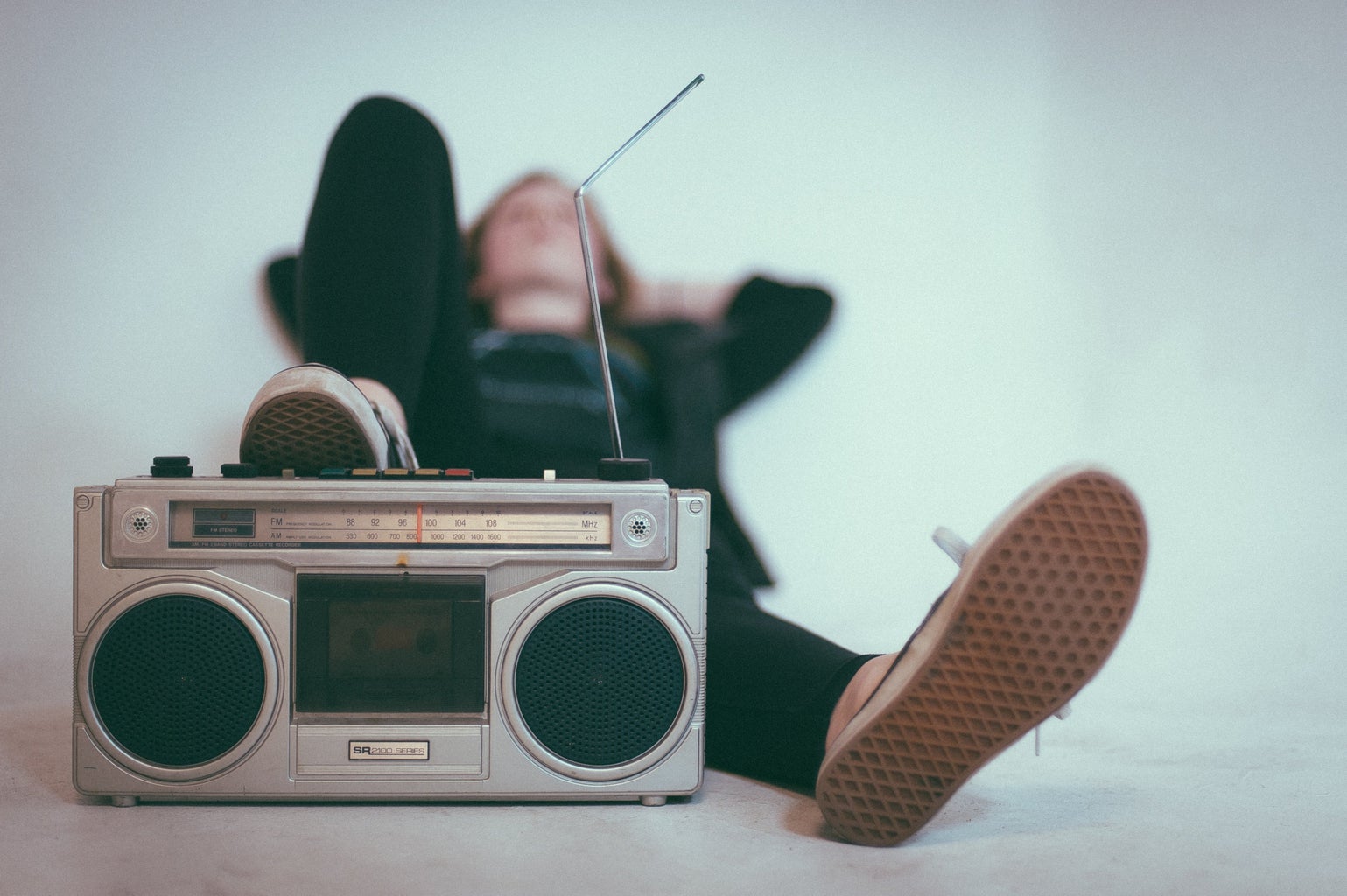Why do white frat boys have such an affinity for rap music? Why must they constantly play Kendrick Lamar and Drake at their parties instead of more tolerable artists like Dominic Fike or Frank Ocean? Well, white boys can thank the Beastie Boys for that, because those Brooklyn natives are 100% to blame.
I have been to only one frat party that didn’t play rap, Hip Hop and/or R&B. Sure they played old school Rhianna and sometimes a Cardi B hit here and there, but it was still exclusively hardcore rap music. The one exception was a Kappa Sigma Halloween party where they played early 2010s hits from Kesha’s “Die Young” to Calvin Harris’s “Feel So Close”, the best frat party I have been to purely because of the nostalgic Bat Mitzvah-like vibes the music gave off, not that I have been to a frat since my pre-COVID freshman year at that point. I was actually comfortable enough to drink, which is rare (My first Halloween of age BTW).
In the 80s, there were so many Black artists on the rise, who are considered icons today. From Michael Jackson and Prince to Whitney Houston and Tina Turner. However, they still had to fight for their music heard, especially when getting it to air on MTV. In fact, it is such a striking issue that David Bowie brought it up in an interview with MTV’s VJ Mark Goodman. Goodman’s response was…interesting to say the least, saying “We have to try and do what we think not only New York and Los Angeles will appreciate, but also Poughkeepsie or the Midwest, pick some town in the Midwest that would be scared to death by Prince, which we’re playing, or a string of other black faces. We have to play the type of music the entire country would like.” This is awful and untrue, to say the least, especially because the Civil Right Act of 1964 was nearly 15 years before MTV creation. They didn’t even play Michael Jackson’s Thriller music video, which came out in 1982, or any videos from that album as a matter of fact. The King of Pop’s first video on MTV wasn’t until March 1983 with Billie Jean, which was nearly 2 years after MTV’s founding in August 1981.
Rap and Hip Hop started in Black communities as an artistic form of expression. They expressed hardships, frustrations, lifestyles and societal issues. It was immensely popular in the street and urban culture and didn’t hit the mainstream until the 80s when MTV (eventually) and white rock band Aerosmith collaborated with Run D.M.C. on their hit “Walk This Way.”
With white people, mainly men, starting to love hip-hop, Jewish New Yorkers decided to try out the genre for themselves. They are known as Beastie Boys. At first, black people felt cheated. That was their music when they already have such little representation. However, once they heard the Beastie Boys’ very different sound, they started to vibe with it. Eminem did the same in the 90s and 2000s, with his uniquely character-driven storytelling and quirky pop-influenced sound. Eminem also blended rap music into the mainstream, with him referencing pop artists like Britney Spears, Christina Aguilera and Mariah Carey in his music. His music was so influential that there was even a movie inspired by his journey called 8 Mile. Without this cultural melting pot through music, there would be no Post Malone or Mac Miller.
So, next time you are making your next party, rap playlist, maybe add a few of OGs. After all, without them, you wouldn’t be listening to Drake or Kendrick Lamar in the first place, and there certainly would be no Lil Nas X or Jack Harlow.
